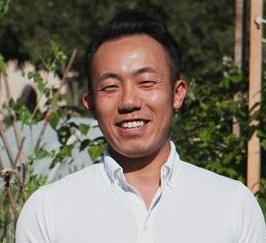TOMODACHI Generation: Shunsuke Akama
 Shunsuke Akama is a participant of the TOMODACHI FIRST Program who is looking forward to gaining stimulation and connections while he is in Seattle and bringing these new experiences back to Japan.
Shunsuke Akama is a participant of the TOMODACHI FIRST Program who is looking forward to gaining stimulation and connections while he is in Seattle and bringing these new experiences back to Japan.
Akama was born and raised in Shiogama, Miyagi, and has spent his entire life in his hometown. Being a “hometown boy”, he is dedicated to revitalizing the Sanriku area, which includes Iwate, Miyagi and Fukushima. He is in charge of production management at SEA FOODS AKAMA Co., Ltd, and at the same time is Co-President of Fisherman Japan, launched in 2014. With the mission of increasing the number of young fishermen who are “cool, profitable, and innovative,” Akama is actively working on projects that promote the fishing industry in Japan.
One of his projects called the Sargassum Project, Shunsuke promotes products of Akamoku, a kind of nutritious seaweed, and has received a great deal of media attention for his initiative. In lieu of the aftermath of the March 11 disaster, Akama wants to develop strong relationships within the Sanriku area (coastal regions of Iwate, Miyagi, Fukushima prefectures), and ultimately activate the fisheries industry in Japan as a whole. He believes that as in the United States, being liberal and open are necessary practices that the current Japanese fisheries industry needs to adopt.
- To read about this program, click here


